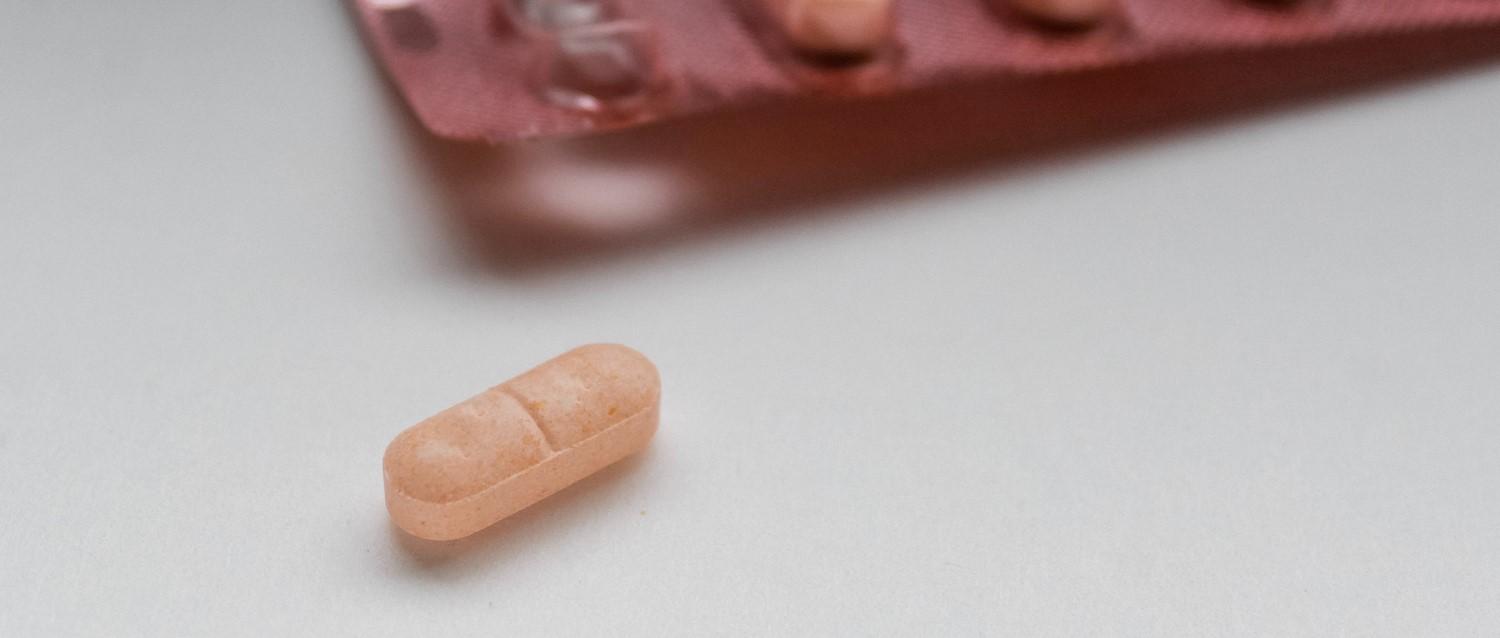
What is alcoholic cardiomyopathy?
Peer reviewed by Dr Sarah Jarvis MBE, FRCGPAuthored by Amberley DavisOriginally published 9 Dec 2021
Meets Patient’s editorial guidelines
- DownloadDownload
- Share
- Language
- Discussion
Excessive alcohol consumption can damage the heart and lead to a condition called alcoholic cardiomyopathy. How common is this alcoholic cardiomyopathy, and what are the symptoms?
In this article:
Continue reading below
What is alcoholic cardiomyopathy?
"Alcoholic cardiomyopathy is a disease of the heart muscle, caused by the toxic effects of excessive alcohol consumption," explains Professor Nik Patel, cardiologist and chairman of the academic board, Royal Society of Medicine.
It is a form of dilated cardiomyopathy, where the muscular walls of the heart's ventricles (pumping chambers) are weakened. The heart is then no longer able to pump blood around the body as well as it should.
Experts are unclear on the exact cause of dilated cardiomyopathy, but identified risk factors include:
A family history of the condition.
A range of diseases, infections, and disorders that can affect the heart muscle.
A poor diet.
Illegal substance misuse.
Excessive alcohol consumption.
As the name suggests, alcoholic cardiomyopathy is caused by alcohol alone, and accounts for 10% of all cases of dilated cardiomyopathies. Alcohol is cardiotoxic, meaning its toxicity can damage the heart muscle. People who drink a dangerous amount of alcohol have a higher risk of developing alcoholic cardiomyopathy, as well as damaging other organs in the body.
What percentage of heavy drinkers develop cardiomyopathy?
It is thought that 1-2% of all heavy drinkers develop alcoholic cardiomyopathy, while in addiction units research suggests around 21-32% of people needing admission to specialist units for alcohol problems are affected. This said, there is not a great deal of data and so true figures are unknown.
We do know that the majority of alcoholic cardiomyopathy diagnoses occur in males aged 30-55 years who have more than 10 years of excessive alcohol use. Alcoholic cardiomyopathy is much less common among females who account for only 14% of cases, although it should be said that the amount of alcohol that can cause alcoholic cardiomyopathy appears to be less.
Continue reading below
What does alcoholic cardiomyopathy feel like?
Alcoholic cardiomyopathy does not always present symptoms in the early stages. However, the common symptoms of alcoholic cardiomyopathy include:
Breathing difficulties (particularly during exercise).
Swollen legs.
Excessive fatigue (exhaustion).
Weakness.
What are the health risks associated with alcoholic cardiomyopathy?
"Alcoholic cardiomyopathy is a very serious disease with significant implications," says Patel. "Patients usually require medication to help the heart muscle recover."
If you have alcoholic cardiomyopathy, you are also at risk of developing:
Arrhythmia - an abnormal heartbeat which can vary in severity.
Blood clots - develop in the heart chambers. These can lead to heath issues like stroke.
Sudden death - this is rare and most likely due to a severe arrhythmia.
Continue reading below
Preventions and treatment for alcoholic cardiomyopathy
Prevention
Alcoholic cardiomyopathy can be prevented through sensible drinking and staying within the government's low-risk alcohol guidelines of 14 units per week. There is no set amount of alcohol consumption that would lead to the condition. This said, studies suggest that consuming over 80-90 g of alcohol a day - the equivalent of 7 to 8 drinks - for more than five years substantially increases your risk of developing alcoholic cardiomyopathy.
Adjusting your lifestyle
Drinking sensibly is not enough once you have received a diagnosis. Patel warns that "it is crucial to stop drinking alcohol completely" if your doctor advises that your dilated cardiomyopathy is caused by alcohol consumption alone.
Your doctor may also advise you to reach a healthier weight, as excess weight can put more strain on your heart. Likewise, if you smoke then quitting reduces the risk of damaging your heart further.
The good news is that making these lifestyle changes could improve your condition, although this will depend on how much damage has already been done to the heart muscle. In the best case scenarios, that heart may even completely recover. In the worst, it can be fatal. The risk of mortality is 40-80% within 10 years of diagnosis and depends on both the amount and duration of heavy drinking.
Clinical treatment
The primary treatment for alcoholic cardiomyopathy is abstaining from alcohol; however, Patel advises that medications to control the symptoms of heart failure can also help.
Medications include:
ACE inhibitors (angiotensin-converting enzyme) - prevent a build-up of body fluid.
A 'water' tablet (diuretic) - makes you pass more urine which clears excess fluid build-up.
A beta-blocker - helps to protect the heart muscle.
Other alcoholic cardiomyopathy treatments include:
Cardiac resynchronisation - a surgically inserted pacing device that helps the heart pump more efficiently.
Surgery.
Heart transplant - used only in the case of severe heart failure when other treatment methods will be ineffective.
If you develop arrhythmia as a result of alcoholic cardiomyopathy there are several treatment options. These include:
Anti-arrhythmic medicines.
Cardioversion (an electric shock under anaesthetic).
Artificial pacemaker (a surgically inserted device that regulates heartbeat).
Implantable cardioverter defibrillator (similar to a pacemaker but sends shocks to the heart to regulate).
Patient picks for Heart disease

Heart health and blood vessels
What's the link between mental health and heart disease?
A new CBT-like treatment for anxiety and depression called 'metacognitive therapy' has been shown to improve symptoms in heart disease patients. Doctors explain how mental health and heart disease interact, and how treating one can improve outcomes for the other
by Ellie Broughton

Heart health and blood vessels
Four-in-one pill could prevent heart problems
A 'polypill', which combines four different drugs, can cut the risk of heart disease and stroke, according to new research.
by Ashwin Bhandari
Continue reading below
Article history
The information on this page is peer reviewed by qualified clinicians.
9 Dec 2021 | Originally published
Authored by:
Amberley DavisPeer reviewed by
Dr Sarah Jarvis MBE, FRCGP

Ask, share, connect.
Browse discussions, ask questions, and share experiences across hundreds of health topics.

Feeling unwell?
Assess your symptoms online for free
Sign up to the Patient newsletter
Your weekly dose of clear, trustworthy health advice - written to help you feel informed, confident and in control.
By subscribing you accept our Privacy Policy. You can unsubscribe at any time. We never sell your data.